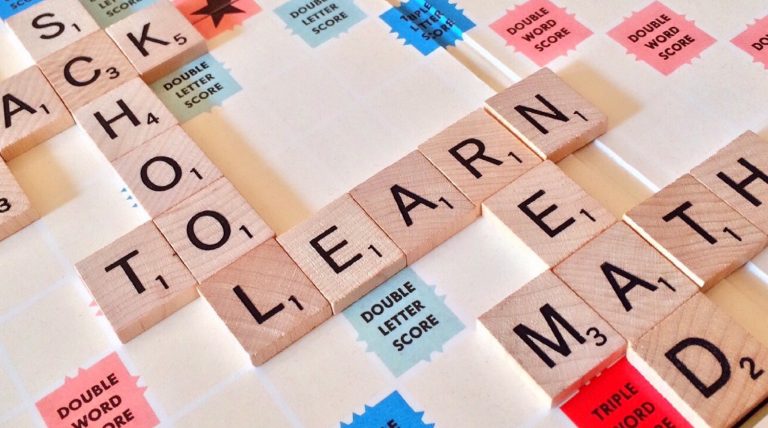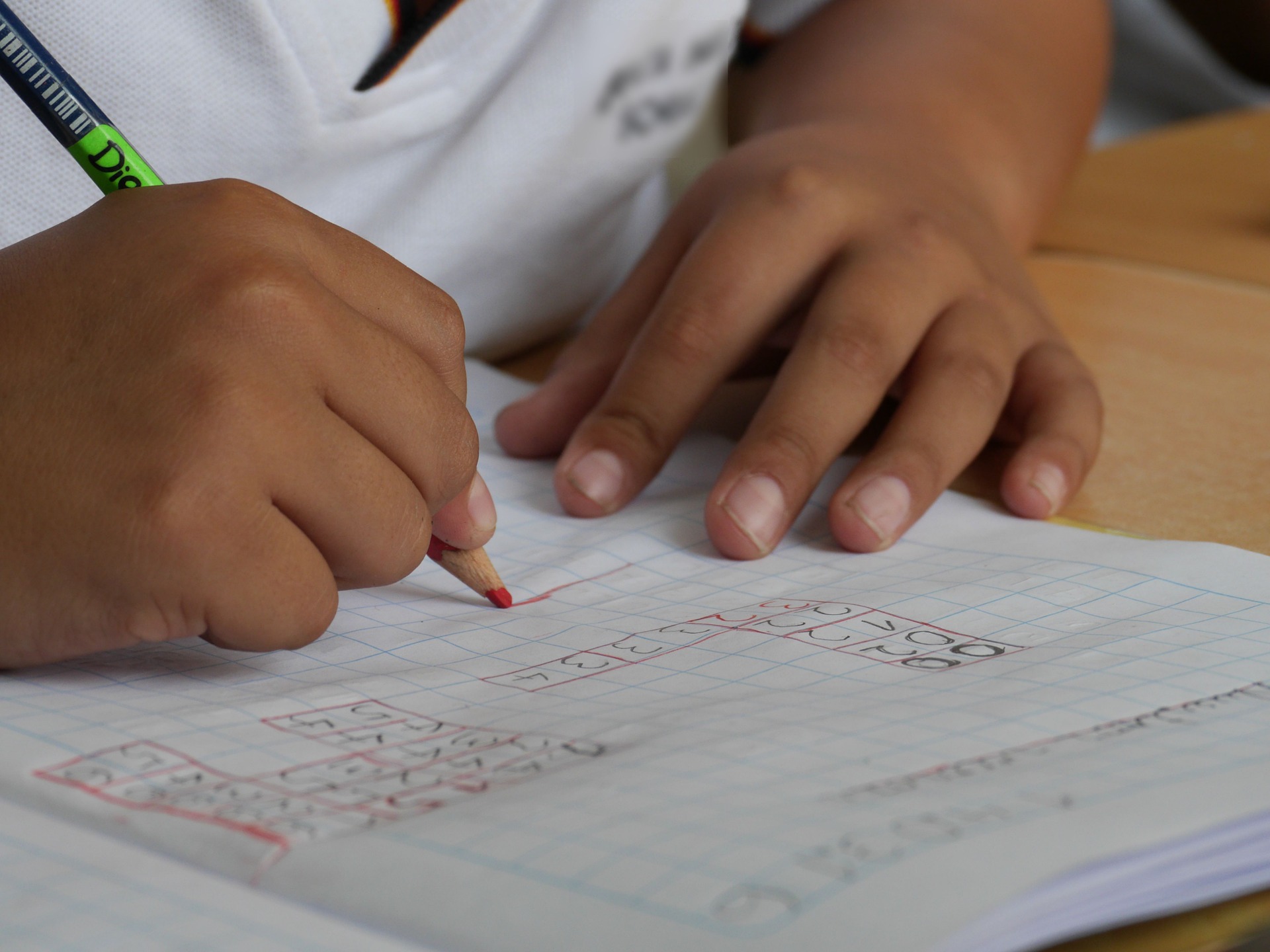How to create a successful revision schedule for KS2 SATs
With the KS2 SATs approaching, you may be looking at ways to support your child with revision before the tests in May. We’ve scoured the internet and spoken with our SATs experts to compile the top tips for preparing for the SATs.
1. Set a schedule
With Easter holidays here, it’s a good time to look at setting up a schedule. It’s important to consider that whilst revision is useful, it is also equally important that your child has plenty of time to rest and relax before the tests in May. With this in mind, set a realistic schedule which both you and your child agree with. We believe that revising little but often is a great way to maintain a balance. An hour a day broken up into twenty minute segments is a great place to start. As the week progresses you can adjust this to two hours broken up into half hour segments so it doesn’t become overwhelming.

2. Write it up
There are plenty of free revision templates online that you can access. We particularly like the one from our Linking Partner BBC Bitesize which you can access here. Fill it out together, leaving plenty of time for activities and rest. Once it is written up, stick it somewhere visible like the fridge so both you and your child know what to expect on any given day.
3. Be specific
One of the key tips to a successful revision schedules is to be specific. Slotting in Maths for twenty minutes at 11am is great, but the subject itself is broken down into many topics. Try allocating a specific topic to a timetable slot so every topic is covered equally. For example: Fractions, decimals and percentages. The first revision session could be on adding and subtracting and the next session could be on multiplying and dividing.

4. Factor in revision games
Try to mix things up a little with revision games to help consolidate KS2 Maths and English concepts. It doesn’t just need to be Maths and English based, even strategic games like chess or engaging games like scrabble all help. If you are looking for arts and crafts activities, we have also created a handy list of interactive learning activities for the SATs which you can find here.
5. Check in daily and weekly
It’s useful to try and reflect daily about how the revision went. This can help your child decide whether a topic needs a little more time or whether they feel confident to move on to the next topic. On a weekly basis look at how many of the key topic you have covered and cross them off as a motivating way to keep going. You can find a useful resource with a list of all the key topics for Maths and Spelling, Punctuation and Grammar here.



